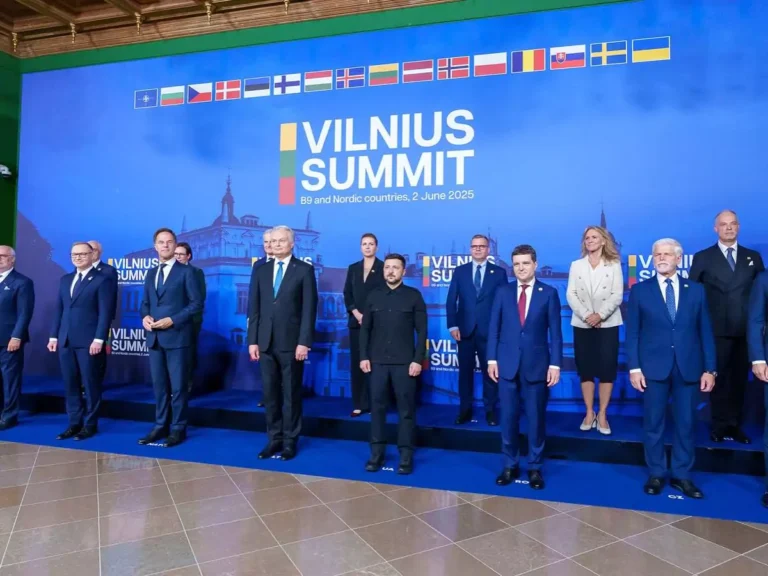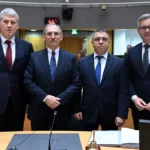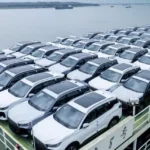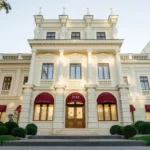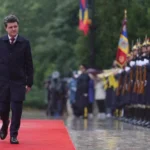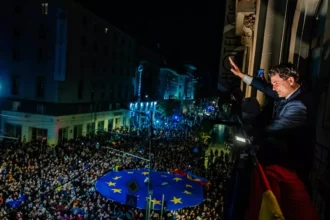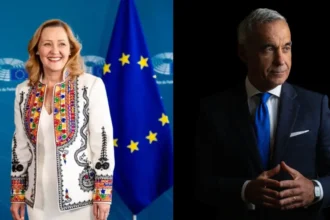On June 2, 2025, Romanian President Nicușor Dan made his inaugural international appearance at the Bucharest Nine (B9) and Nordic countries summit in Vilnius, Lithuania. The summit convened leaders from NATO’s Eastern Flank and Nordic nations, alongside NATO Secretary General Mark Rutte and Ukrainian President Volodymyr Zelenskyy.
President Dan reaffirmed Romania’s unwavering support for Ukraine, emphasizing the country’s right to determine its own security arrangements and future. He highlighted that Ukraine remains a better neighbor than a Russia-controlled state, underscoring the importance of supporting Ukraine’s sovereignty and territorial integrity.
In a joint statement with the leaders of Poland and Lithuania, Dan reiterated the commitment to Ukraine’s “irreversible path” toward full Euro-Atlantic integration, including NATO membership. This stance counters recent statements by U.S. President Donald Trump, who suggested that earlier U.S. backing for Ukraine’s NATO bid contributed to the ongoing conflict.
Recognizing the escalating security threats, President Dan announced Romania’s commitment to gradually increasing defense spending to at least 5% of its gross domestic product (GDP). This pledge aligns with similar commitments from other B9 and Nordic countries, aiming to bolster NATO’s deterrence and defense posture across the Eastern Flank.
President Dan emphasized the shared security concerns between Romania and Poland, stating that both countries feel the same significant threat from Russia. He highlighted the necessity of collaboration between the two nations to address these challenges effectively.
The Vilnius summit served as a preparatory meeting ahead of the NATO leaders’ summit in The Hague later in June 2025. Discussions are expected to focus on the alliance’s future strategies and the ongoing support for Ukraine.







